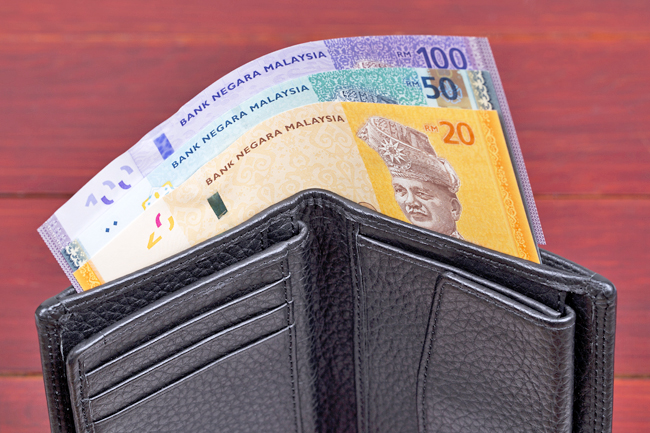BERNAMA – The ringgit, which faced pressure against the US dollar following United States (US) President Donald Trump’s announcements on global reciprocal tariffs, closed relatively stable today, said an analyst.
At 6pm, the ringgit traded marginally higher at 4.4400/4460 against the greenback from Wednesday’s close of 4.4510/4565.
Bank Muamalat Malaysia Bhd Chief Economist Dr Mohd Afzanizam Abdul Rashid said the ringgit traded weaker in the morning session against the US dollar to MYR4.4822 but regained ground by late afternoon.
He said traders, investors, and analysts were weighing the potential fallout due to the tariff announcements.
“In response, the Ministry of Investment, Trade and Industry expressed openness to engage in discussions with the US, signalling Malaysia’s pragmatic stance. A tit-for-tat approach, after all, could backfire-import tariffs essentially function as a domestic tax burden.

“This measured response also helps maintain diplomatic ties, with both sides appearing keen to resolve tensions. Nonetheless, market sentiment is expected to remain fragile in the short term as the risk of broader retaliatory actions looms, potentially dampening global demand,” he told Bernama. Mohd Afzanizam said that given this backdrop, the ringgit is likely to trade within the MYR4.44 to MYR4.45 range in the near term.
Meanwhile, SPI Asset Management managing director Stephen Innes said the road ahead for the ringgit could be challenging from a fundamental perspective.
“However, foreign exchange is a relative game, and local traders are already shifting focus to the US side of the equation – specifically, the growing probability that this tariff shock triggers a US Federal Reserve (Fed) interest rate cut, maybe even sooner than the market’s current pricing.
“So, while the ringgit’s still nursing wounds, the narrative has shifted. (Now) it is less about the ringgit’s weakness and more about the US macro blowback, which could eventually lend some support for the ringgit. A Fed dovish pivot could be timely,” he said. On April 2, Trump declared America’s ‘Liberation Day’ from the White House Rose Garden and signed an executive order launching a sweeping global tariff regime.


